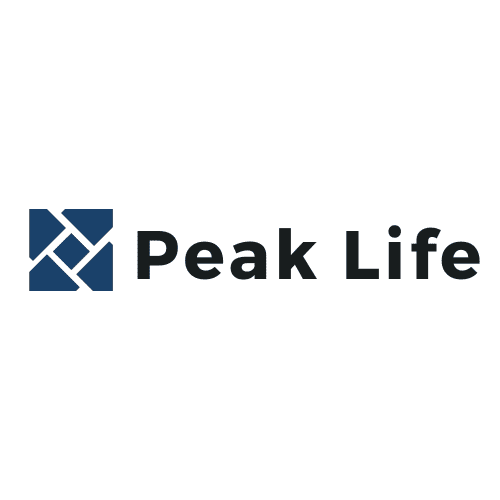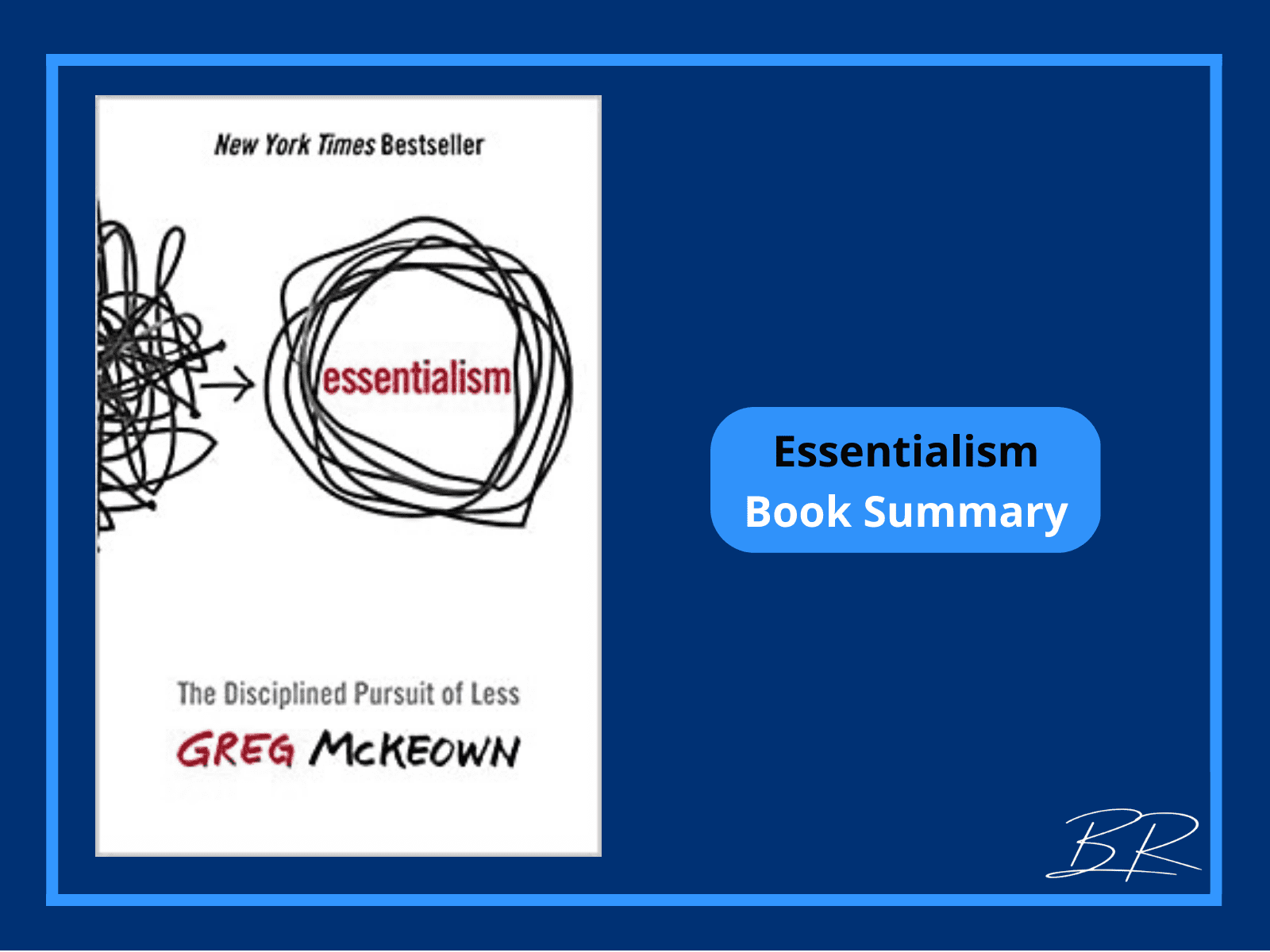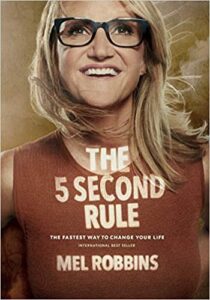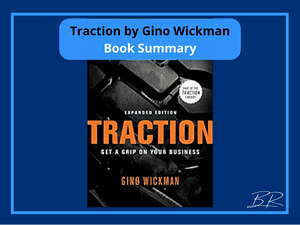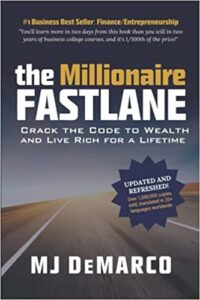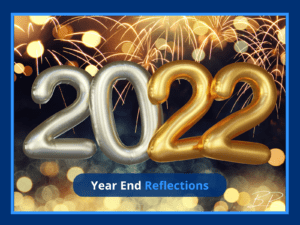Essentialism Book Summary and Top Takeaways
This post contains affiliate links that help supports this blog and cost you the exact same. If you do not wish to use affiliate links, then feel free to google the product.
In today’s fast-paced world, it’s easy to get caught up in endless to-do lists and constantly be pulled in different directions.
But what if there was a better way?
Essentialism, written by Greg McKeown, is a powerful book that aims to help readers focus on the absolutely essential and eliminate the rest.
In this blog post, I share my Essentialism Book Summary, which includes a brief summary of the book, who should read it, an outline of the top 3 takeaways, my best three quotes, and I describe what changes I plan to make based on the book’s principles.
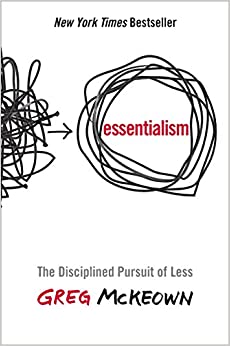
Essentialism by Greg McKeown
Essentialism by Greg McKeown Brief Summary
Essentialism is all about the “disciplined pursuit of less.”
McKeown argues that we often fall into the trap of thinking we can have it all and spread ourselves too thin. Instead, Essentialism is about identifying what truly matters to us and eliminating everything else.
It’s not just about trimming down our to-do lists but also about making sure we spend our time and energy on things that align with our values and priorities.
Who should read Essentialism?
Anyone who feels overwhelmed by the demands of work, family, and life in general.
If you feel like you’re constantly busy but not making progress or struggling to prioritize and make decisions, this book is for you.
It’s especially relevant for professionals looking to increase their productivity and effectiveness in their personal and professional lives.
To be specific, I think young professionals that are getting started in their careers to people feeling stuck in their mid-career will benefit the most.
Top 3 Takeaways:
The Power of Saying No: McKeown stresses the importance of saying no to opportunities, commitments, and requests that don’t align with our goals and values. By learning to say no, we can focus on the few things that truly matter and avoid spreading ourselves too thin.
The Importance of Rest: McKeown also emphasizes the importance of rest and renewal. We must recharge our batteries to be productive and effective, which requires intentional rest and time off.
The Need for Clarity: McKeown argues that we need to be crystal clear about our most important values and goals and prioritize accordingly. Without this clarity, it’s easy to get pulled in a million directions and waste time on tasks and activities that don’t matter.
The Best 3 Quotes:
“If you don’t prioritize your life, someone else will.” – Greg McKeown
“The way of the Essentialist means living by design, not by default.” – Greg McKeown
“Only once you give yourself permission to stop trying to do it all, to stop saying yes to everyone, can you make your highest contribution towards the things that really matter.” – Greg McKeown
What I am Going to Change in My Personal and Professional Life:
After reading Essentialism, I plan to be more intentional about my priorities and goals.
I want to spend more time on activities that align with my values and less time on tasks that are simply busy work. I also plan to practice saying no more often and to be more intentional about taking breaks and time off to recharge.
Finally, I want to be more deliberate and aware of my use of technology and avoid getting caught up in endless scrolling and notifications.
Conclusion:
Essentialism is a powerful book that can help readers regain control of their time, energy, and priorities.
Focusing on what truly matters and saying no to everything else can make us more effective and productive in all areas of our lives.
I hope this blog post has provided a valuable summary of the book and its principles and inspired you to pursue your own path of Essentialism.
